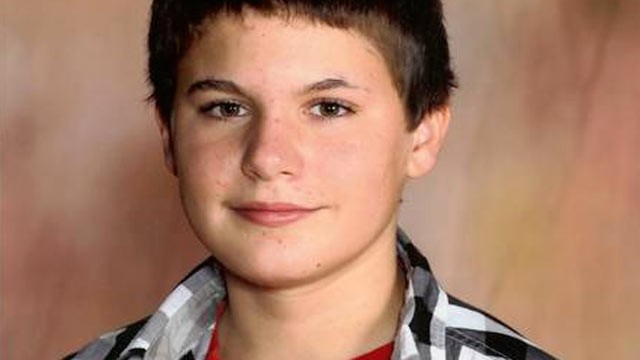
As the outrage and outpouring of emotion continue over the suicide of Jamey Rodemeyer, the American public continues to wake up to the exceptionally serious nature of cyberbullying. The response has been swift in some areas -- Lady Gaga has aggressively spoken out about this death, and New York is working to strengthen cyberbullying laws.
Watch "20/20" this Friday at 10 p.m. for more on Jamey Rodemeyer and bullying
This furor is helpful in some ways, useless or distracting in others.
New laws are unlikely to stop cyberbullying. Current laws are sufficient to prosecute it. For example, prosecutors can charge a person with a hate crime and use offline and online conduct to prove the case. What would be helpful, though, are increases in penalties for bullying or harassment done through cyberspace. The increases are justified, because the impact of cyberbullying can be more severe, long-lasting, and far-reaching.
Prosecutors rarely bring cyberbullying cases, because they are not reported -- kids don't want to report it and become the center of attention at school as the person who "narced" or "snitched." This is an age old problem. Moreover, adults generally don't treat acts of bullying -- offline or online -- as criminal, but rather as kids being kids.
BuffaloNews.com
Jamey Rodemeyer, 14, was found dead outside... View Full Size
Gay Bullying: Is It Actually Getting Better? Watch Video
Gay Teen's Suicide Sparks OutrageWatch Video
Teen Suicide Prompts Anti-Bullying Summit Watch Video
That said, the uproar over cyberbullying has highlighted the problem of bullying in a way that no amount of advocacy against bullying in general could have. It has finally shown adults the actual evidence of the bullying -- and they are shocked by how severe it is, how long it perseveres online, and how far-reaching it can be. Adults may stop calling it "part of growing up." And the media can now use cyberbullying images to report on it in a way that is helping create an anti-bullying movement.
About 5,000 teens commit suicide every year, for all sorts of reasons, and for each one of these, there are about 10 who have tried and survived. Suicide is the third leading cause of death for teens in the U.S. Studies have started to show a correlation -- not causation -- between cyberbullying and suicide. Still, multiple factors, combined, lead to this tragic result.
Suicides from cyberbullying are extreme cases that draw attention. Media and government attention are creating a panic around the wrong issue. The issue isn't so much that a child killed himself because he was cyberbullied. He did it because he was subjected to hate crime -- harassment based on sexual preference, race and the like -- couldn't get it to stop, and felt hopeless, eventually leading to suicide. Thus, the attention needs to go to the source. How do you teach young people to be kind, open, or at the very least accepting of kids different from them?
If we are to ever put a stop to bullying -- wherever and however it takes place -- we must step back for a moment and think of what we have done for many years before "cyber" became an indelible part of our language.
I am reminded of this lesson my father taught my brothers and me as we were growing up. Like many kids do, we would say we "hated" something or someone. Perhaps it was a certain food or a person in our school. My father always reminded us not to hate by not allowing us to use the word "hate." We could simply express our feelings by talking about what we didn't like about a thing or agree with about a person.
As we adopted this house rule, we found ourselves talking about things and people we liked more than the things and people we didn't like. Today I find myself sharing the same lesson with my own children. I am hearing them talk about things they like about a person or thing without mentioning hate. The lessons that strengthen tolerance begin in the home, "cyber"-connected or not.
This work is the opinion of the columnist and in no way reflects the opinion of ABC News.





Nenhum comentário:
Postar um comentário